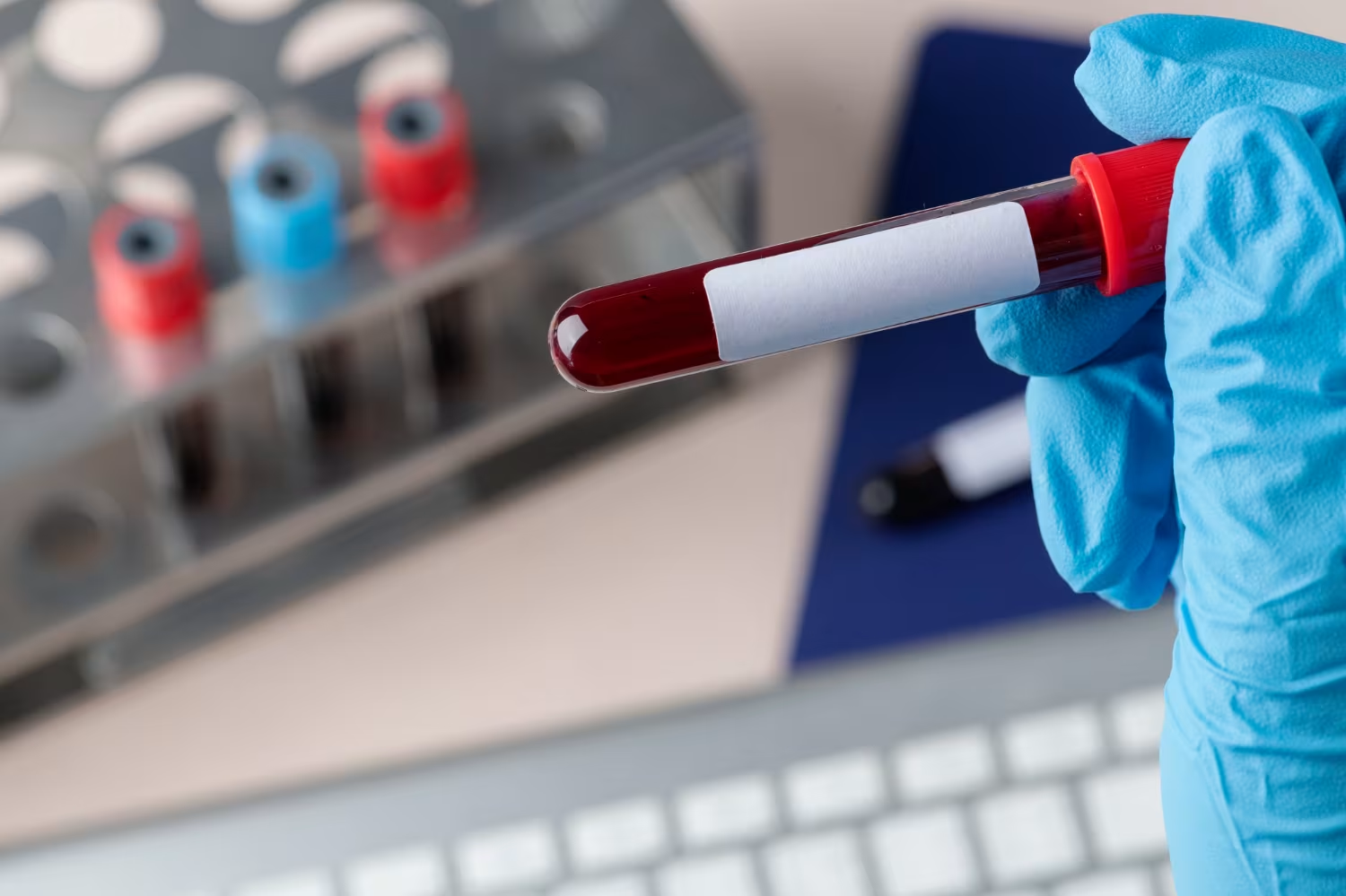
Infertility affects roughly 1 in 7 couples in the UK, making it a common yet deeply personal challenge. Defined as the inability to conceive after a year of regular, unprotected intercourse, infertility can result from various physical, hormonal, or lifestyle-related factors. For both men and women, medical and emotional support are essential components of managing and overcoming infertility challenges.
Infertility can stem from a range of health factors, affecting either one or both partners. Common causes for women include polycystic ovary syndrome (PCOS), endometriosis, hormonal imbalances, and issues with ovulation. In men, low sperm count, reduced motility, or structural issues can contribute. Other lifestyle factors, such as age, stress, smoking, and alcohol consumption, can also impact fertility in both partners.
Early intervention can be crucial. Some fertility issues, such as hormonal imbalances or blockages, can be more effectively managed when detected early. Understanding potential barriers to conception and having the right support from a medical team can make a significant difference in your journey to parenthood.
Private Medical Clinic offers a tailored, patient-centred approach to fertility care. With prompt access to appointments, testing, and specialist referrals, our team provides comprehensive support to help you on your path to conception. Here's what we offer:
Choosing Private Medical Clinic means having access to expert fertility care without the long waiting times often experienced in public healthcare settings. Our team of knowledgeable GPs and fertility specialists work closely with you to develop a plan that respects your time and individual needs. We offer flexible options, including same-day appointments and virtual consultations, so you can access care in the way that suits you best.
Infertility can be a challenging journey, but you don't have to face it alone. Private Medical Clinic is here to provide support, from initial consultations to advanced testing and specialist referrals. With our comprehensive approach, you'll have access to the resources and expertise needed to navigate this journey with confidence.
Visit our Infertility Clinic page or book your consultation and take the first step toward your fertility goals.





